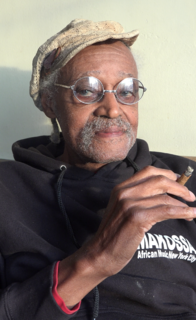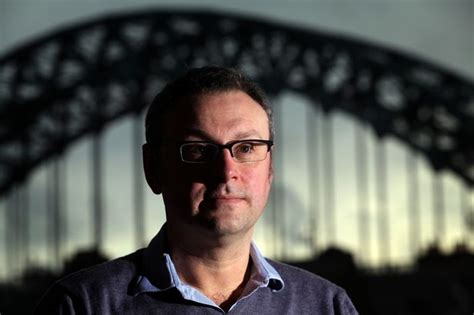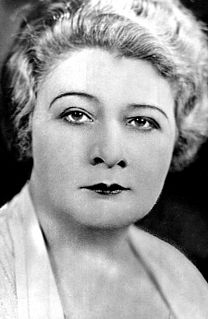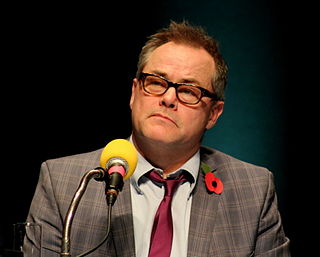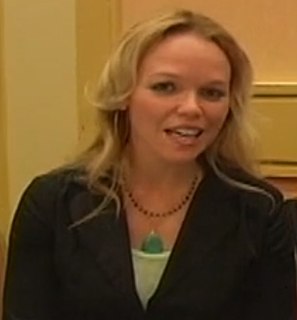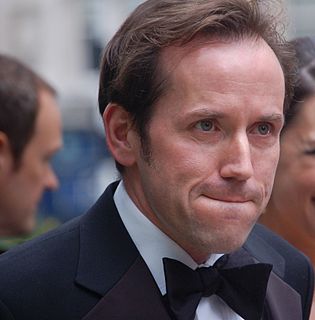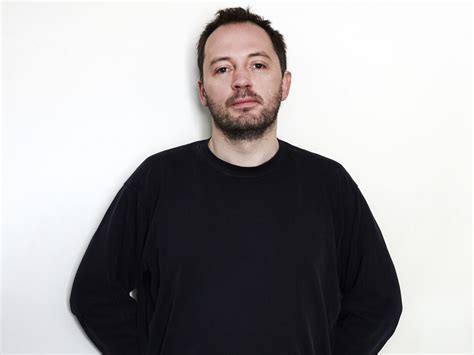A Quote by David Steinberg
The one thing an audience always has in common with a comedian is troubles. The Yiddish word for that is tsuris. You're always putting your tsuris on stage whether you like it or not. No one is untroubled, unless they're just, you know, an imbecile.
Related Quotes
Whether you are a writer, or an actor, or a stage manager, you are trying to express the complications of life through a shared enterprise. That's what theatre was, always. And live performance shares that with an audience in a specific compact: the play is unfinished unless it has an audience, and they are as important as everyone else.
Whether you are a writer or an actor or a stage manager, you are trying to express the complications of life through a shared enterprise. That's what theatre was, always. And live performance shares that with an audience in a specific compact: the play is unfinished unless it has an audience, and they are as important as everyone else.
Even though I loved the song [My Yiddish Momme] and it was a sensational hit every time I sang it, I was always careful to use it only when I knew the majority of the house would understand Yiddish. However, you didn't have to be a Jew to be moved by 'My Yiddish Momme.' 'Mother' in any language means the same thing.
I like what a third man brings. A kind of oblique vision, seeing something in the material that you didn't know was there. As a comedian, I'm always listening to the audience. And in movies, sometimes the only audience you have is the producer and the director. I like having someone else's opinion, especially if you're on the same wavelength.
I think that watching artists, soulful artists, they get into it. It's always the way I perform, so when I'm on stage I just try to get into it - I'm in my own world. That's the whole thing about the stage, it's like a sacred place. They're [the audience] watching into the different world, right, so it's like you see performers and they're in the same room, so it's a different vibe. Sometimes it's great, but I try to separate it, you know, I wanna separate it 'cos otherwise I feel naked. It just feels natural.
I can feel how an audience is reacting when I'm on a stage, but when you are on stage, your perception is distorted. That's something you just have to know. It's like pilots that fly at high Gs and they lose, sometimes, consciousness and hand/eye coordination and they just have to know that that's going to happen. They have to be trained to not try to do too much while they are doing that. So when you are on stage, you have to be aware that you are wrong about how it feels a lot of times.
Whatever happens in life can happen on the stage, but as a comedian you should always be clear what your target is. It's fine to be gratuitously tasteless if that's what you are intending to do. It's that old line: I don't defend what a comedian might say but I defend to the death his right to say it.

